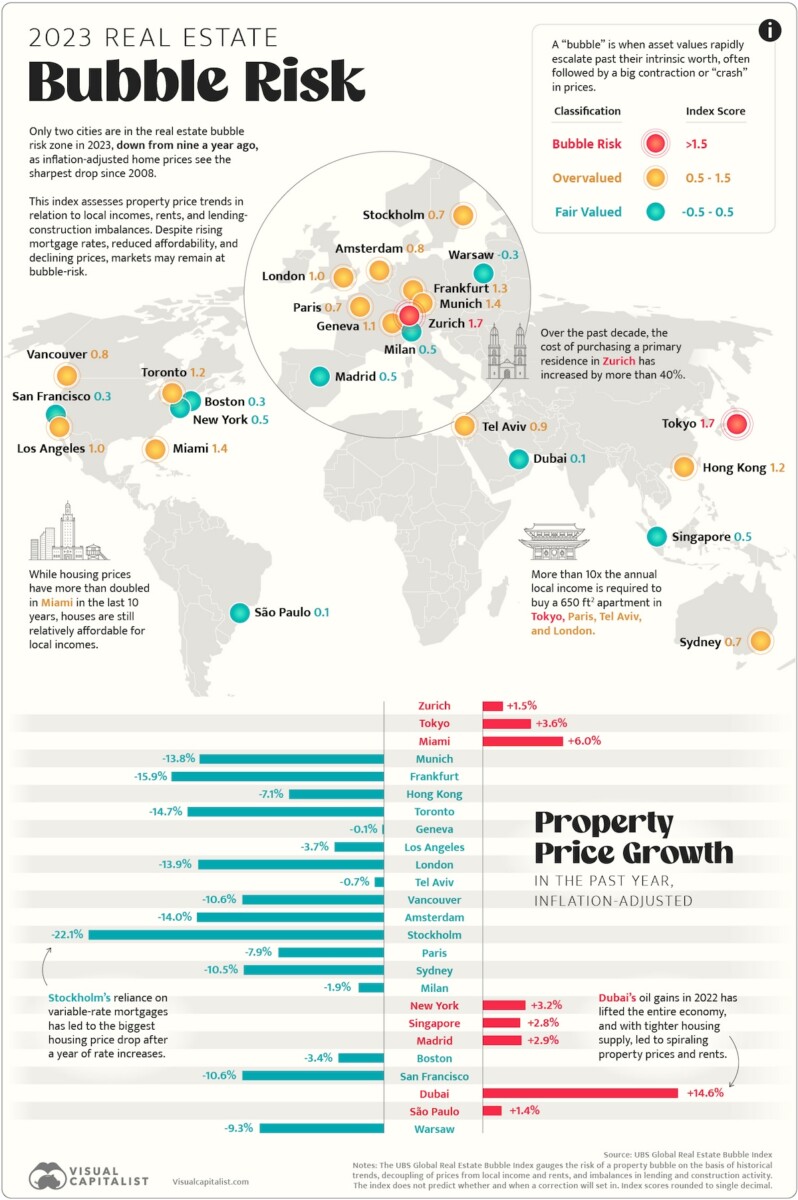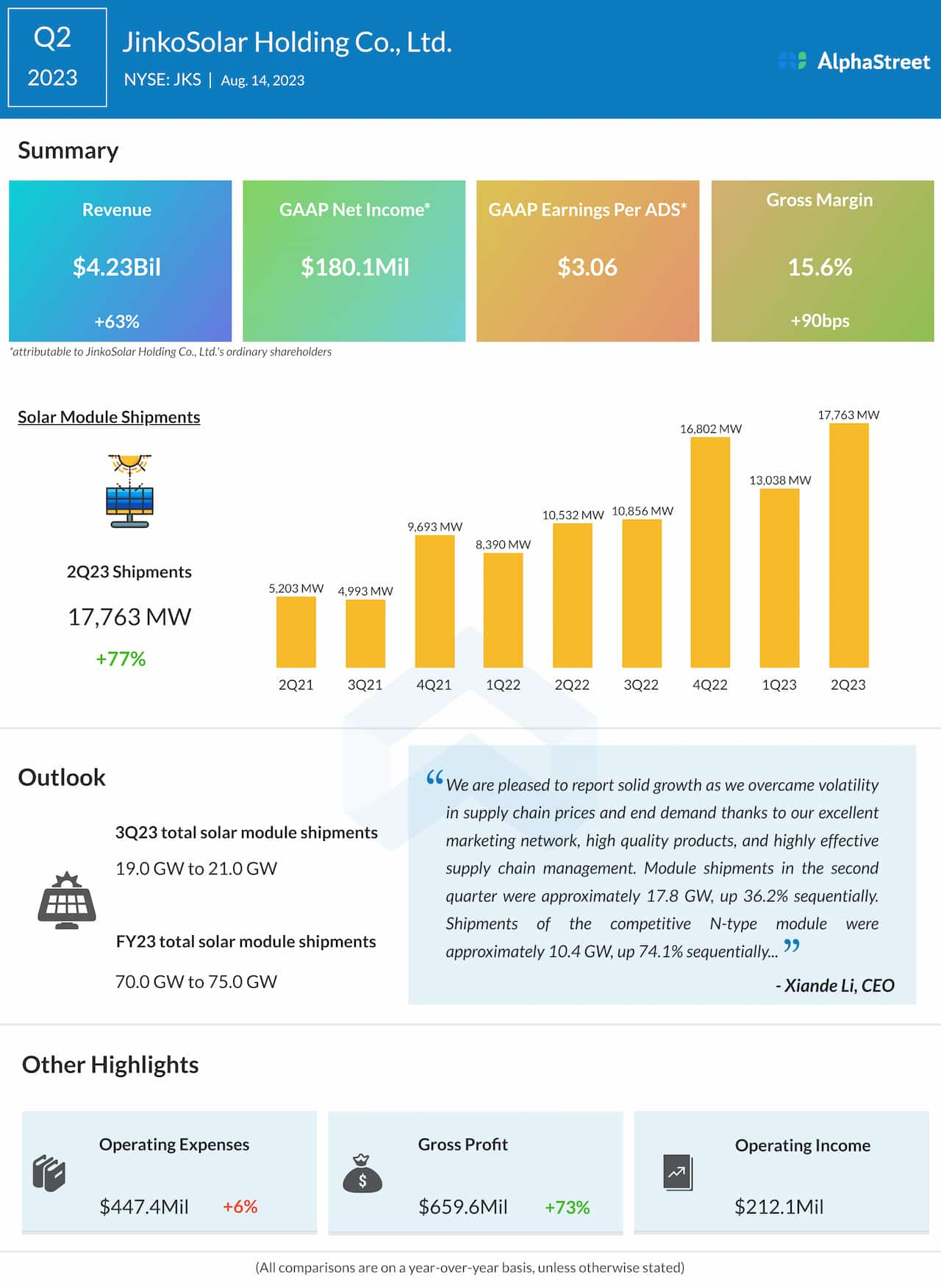Unlock the Editor’s Digest for free
Roula Khalaf, Editor of the FT, selects her favourite stories in this weekly newsletter.
This article is an on-site version of our Trade Secrets newsletter. Sign up here to get the newsletter sent straight to your inbox every Monday
Welcome to Trade Secrets, brought to you today by the FT’s China correspondent, Edward White, standing in while Alan takes a break. This week’s newsletter looks at China’s latest attempt to exert leverage over its trading partners by cutting off exports of critical minerals, in this case graphite. Charted waters is on the return to normality in Turkey’s policymaking.
Beijing shows it can hit hard in the tech trade wars
With any attempt to dissect Chinese policymaking these days it is necessary to start with a caveat. On most issues, most of the time, we do not know what the leadership in Beijing is thinking. For more on the black box of Chinese politics, I recommend this deep dive by Wu Guoguang, who worked as an adviser to former Chinese premier Zhao Ziyang, translated by one of the world’s leading sinologists, Geremie Barmé. Humility on this point is imperative.
That caveat notwithstanding, we will try to unpack and explain Beijing’s probable intentions with the announcement on October 20 of new export controls on graphite, a key material used in electric vehicle batteries.
For background, as the FT has reported previously, we do know that officials from several of China’s technology, trade and defence agencies have since late last year been meeting to advise the leadership on how to respond to the Biden administration’s snowballing restrictions on selling computer chips and chipmaking equipment and technology to Chinese companies. And in July we had an initial glimpse into Beijing’s propensity for retaliation. China unveiled restrictions on the exports of gallium and germanium, two key metals used in chipmaking, electric vehicles, telecoms products and weapons systems.
For many industry insiders this appeared to be a nightmare scenario: Beijing had decided to leverage China’s startling dominance in the production of many raw materials critical to modern technology and infrastructure. But in practice the supply disruptions for gallium and germanium, haven’t yet eventuated. Exports of the products have continued — albeit with the added hassle of requiring new permits. This underscores what we reported at the time, that the new export rules were carefully designed as a deterrent, a warning to the US and its allies that China would, and could, retaliate.
Yet the US-led barrage of export controls has continued. Among the most painful, from the Chinese point of view, was the US Department of Commerce announcement on October 17 to extend last year’s sweeping export controls to cutting-edge artificial intelligence chips. As our excellent China tech colleagues reported, this potentially leaves Chinese tech groups relying on outdated and stockpiled chips to power a crucial industry for future growth.
With hindsight, it shouldn’t have been surprising that Beijing would soon hit back again. Yet China’s decision to target graphite sent shockwaves through companies and governments who found themselves exposed. Within hours, the trade minister in Seoul convened an urgent meeting with the country’s battery industry association and other material component suppliers. The alarm is warranted given China’s dominance over both the markets for processing natural and synthetic graphite.
Diplomats are still probing Beijing for more information. The key immediate question lies in implementation. On this point the timing of Beijing’s graphite controls (three days after the AI curbs) might well be instructive.
According to one Chinese official close to the retaliation plans, the graphite curb announcement reflected an urgency in Beijing to hit back, balanced by a concurrent effort to minimise disruptions and damage to China’s own commercial interests. Backing up this claim: industry does not appear to have been warned (markets were surprised), nor was accompanying guidance around export quotas or outright country bans announced. Unlike some US restrictions, there is no presumption of denial for permit issuance. So without a nod from Beijing for tougher enforcement, this all suggests that permits will be issued and supply disruptions, for now, will be negligible.
Still, the signal from Beijing should not be lost: while for now China is showing restraint, it can hit back at any time, and it can hit back at the heart of the west’s green transition. This is a hefty weapon for Beijing, and time is on its side.
Looking ahead, Beijing and Washington need to consider that by using their respective points of leverage — chips for the US, clean tech resources for China — both countries are increasingly driving the other side to sharpen their attention on their own weaknesses.
Are they shooting themselves in the foot? Will it be easier for China to catch up on chips than it will for the US to replace the entire Chinese supply for the resources underpinning clean technology?
In the meantime, what we do know is that the resounding impact from both the US and China actions is more uncertainty. There is no guarantee that Beijing won’t start delaying permit issuance in graphite, or expand its curbs to the other scores of key resources it controls. Nor is there a guarantee that Washington will keep issuing licences for South Korean and Japanese companies to sell advanced chips in China.
Charted waters
The onward march to monetary policy normality in Turkey continues since Recep Tayyip Erdoğan was re-elected — a feat he managed by taking serious risks with the economy which are now being unwound. Interest rates last week were raised for the fifth time since July, with instability in the Middle East from the situation in Gaza adding to nerves over the Turkish lira.
Trade links
The EU and UK are pushing for advanced economies to end subsidies (including credit export guarantees) for fossil fuel projects abroad in talks at the OECD.
The US has softened its support for the free movement of data during talks at the World Trade Organization, alarming the tech industry.
Talks have broken down again between the EU and Australia over a bilateral preferential trade agreement, with Australian access to the EU agricultural market unsurprisingly remaining a point of contention.
The South China Morning Post reports on developments in the EU’s investigation into subsidies to imports of Chinese electric vehicles. The Rhodium Group consultancy has a good backgrounder to the issue here.
Zambia has reached a deal with creditors to write down part of its sovereign debt after a painful three-year restructuring negotiation.
The FT opines on how to regulate artificial intelligence ahead of a summit on the subject to be held in the UK this week, with a useful briefing on the issue here.
Trade Secrets is edited by Jonathan Moules
Recommended newsletters for you
Europe Express — Your essential guide to what matters in Europe today. Sign up here
Chris Giles on Central Banks — Your essential guide to money, interest rates, inflation and what central banks are thinking. Sign up here
















